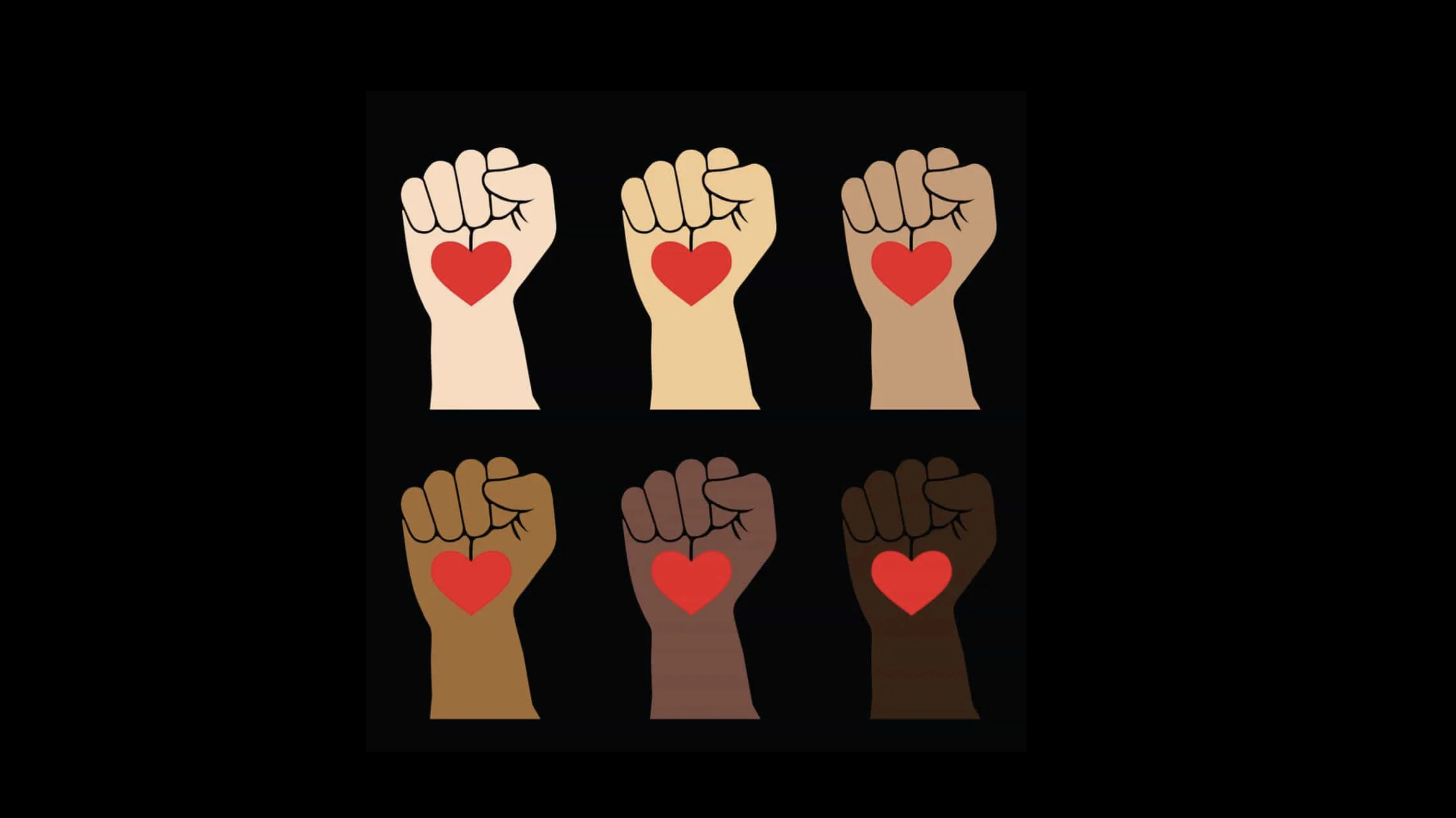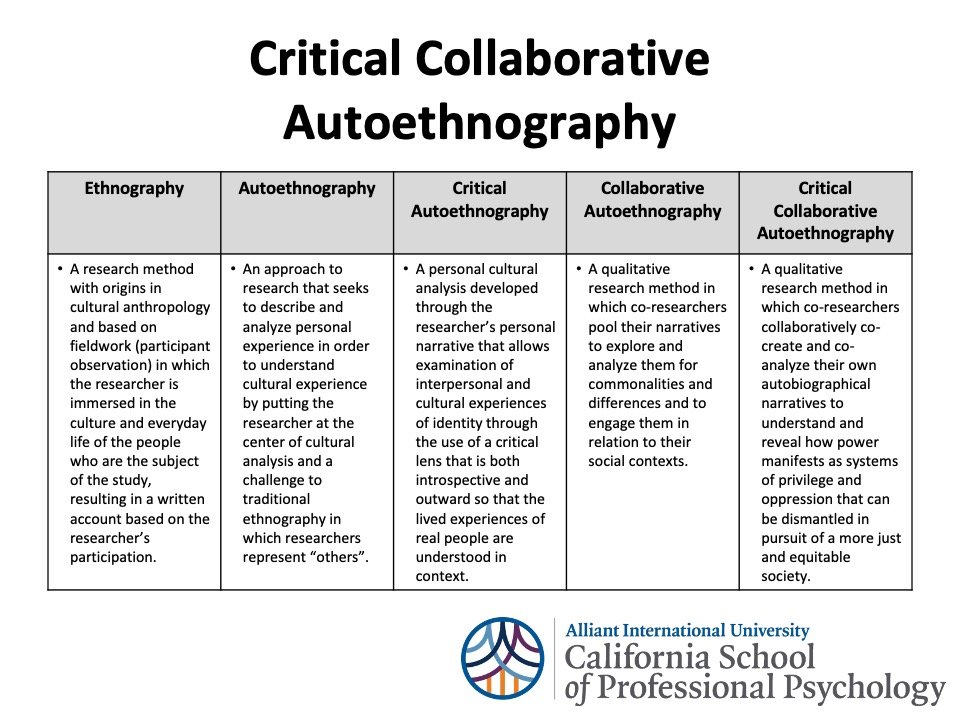
Caring as Radical Organization Development: Using Critical Collaborative Autoethnography as a Model to Understand the Genealogy of the ToP Network
The Research Project!
A Critical Exploration of the Development of the ToP Network.
The purpose of this qualitative collaborative autoethnographic research study is to engage members of the ToP Network as co-researchers in a collaborative and in-depth critical examination of the development of the organization.
Three research questions will guide this study:
RQ1: What are the historical events, dynamics, and forces that constructed and now represent the genealogy of the ToP Network?
RQ2: How do autoethnographic narratives of the members of the ToP Network provide context to the specific dates and events in a chronological history of the organization?
RQ3: How does critical self-reflexivity help us better understand how power and privilege manifest in the experiences of members of the ToP Network?
Meet the Lead Researcher!
I am Robert Quintana Hopkins. My pronouns are he/him/ellos. I am a graduate student at the California School of Professional Psychology at Alliant International University, completing a PhD in organizational psychology.
Professionally, I am an organizational development practitioner. I am the Director of Training and Organization Development at Stanford HealthCare’s University Healthcare Alliance (UHA) and a Senior Partner at Center for Strategic Facilitation (CSF). I specialize in participatory group processes and collaboration.
Academically, I have a diverse background. I earned my BA in political science from University of California, Davis. I studied anthropology at California State University, East Bay and The New School for Social Research in New York City. My research interests include organizational and social change, culture, critical theory, and AfroChicano identity.
Join Me as a Co-Researcher!
You May Qualify to Participate if You:
Have been involved with ToP for ten years or more, and
Are a certified ToP Facilitator (CTF), or
Are a current or past volunteer staff member of ICA, and
Agree to produce a personal narrative to be included in a shared pool of data
Participation Involves:
Writing your own autoethnography to be included in a shared pool of data, and
Collaborating in approximately 17 hours of virtual workshops, and
Possibly participating in a 30–60-minute follow-up interview with Robert Quintana Hopkins about your experiences as a member of the ToP Network or one of its predecessor organizations
After the dissertation is completed, co-researchers will be invited to co-publish a collaborative autoethnography
Potential Benefits:
Participating in this study may contribute to a fuller understanding of the history of the ToP Network and its predecessor organizations
In addition, participating in this study may result in better documentation of the ToP Network and its predecessor organization’s contributions to the organization development field
Furthermore, participation may help increase our understanding of the benefits of critical reflexivity as a competency for facilitators who facilitate diverse groups
Co-researchers will not be compensated for participating in this study
Sample Timeline:
Data Collection - January - March 2022
Workshop 1 - Orientation and Genealogies Review
Workshop 2 - Co-Design Data Collection Process
Workshop 3 - Sharing Initial Reflections and Probing
Workshop 4 - Group Sharing and Initial Meaning Making
Workshop 5 - Group Meaning Making
Workshop 6 - Co-Researcher Input on Draft Dissertation
Your Rights:
If you decide to participate in the study and later feel that you no longer wish to be a part of it, you can withdraw at any time.
Next Steps:
To express interest in participating in the study please complete the demographic survey by clicking on the following link! There are 12 short questions. The survey should take 5-10 minutes to complete.
If eligible, the lead researcher will contact you to discuss the study and answer any questions you may have.
Study Details:
The School: The California School of Professional Psychology (CSPP) at Alliant International University prepares students for professional careers of service and leadership and promotes the discovery and application of knowledge to improve the lives of people in diverse cultures and communities around the world. Established in 1969, CSPP utilizes a scholar/practitioner model, combining research, scholarly rigor, and practice. CSPP has trained nearly half of the licensed psychologists in California.
Location: Due to the COVID-19 pandemic, the research will be conducted virtually.
Lead Researcher: Robert Quintana Hopkins
Dissertation Committee: Dr. Mary Fambrough (Chair), Dr. Sherry Camden-Anders, Dr. Eddy F. Alvarez Jr.
The Activist Facilitator!
“How do facilitators avoid becoming agents of power that support and perpetuate the ideology of the dominant culture, i.e., white supremacy, sexism, heterosexism, classism, etc.? I propose that this can be achieved through critical self-reflexivity. I define critical self-reflexivity as the practice of critically reflecting on one’s own positionality within the context of the social structures within which we co-exist. Borrowing from Darshan Karwat’s (2014) concept of the activist engineer, I propose the activist facilitator as a new paradigm for facilitators in contrast to the neutral facilitator. Critical self-reflexivity is the competency and tool that differentiates activist and neutral facilitators.”
— Robert Quintana Hopkins
Prepare to Participate as a Co-Researcher!
“To engage in a critical process and practice critical self-reflexivity, we turn the critical lens inward on ourselves. We not only name and critique external systems of power and oppression, but we name and critique our own contributions to the perpetuation and maintenance of those systems.” -Robert Quintana Hopkins
New to critical autoethnography? Utilize the following resources to become familiar with the methodology and prepare to participate as a co-researcher and write your own critical autoethnography to be included in a shared pool of data. The 2017 special issue of the International Journal of Multicultural Education was edited by Marx, Pennington and Chang and focuses on the theme, “Critical Autoethnography in Pursuit of Educational Equity.” The introduction and various essays are instructive.
Learn more about Robert by reviewing his other autoethnographic work!
Contact
Feel free to contact me with any questions.
Email
robert@strategicfacilitation.com
Phone
(510) 899-9753








